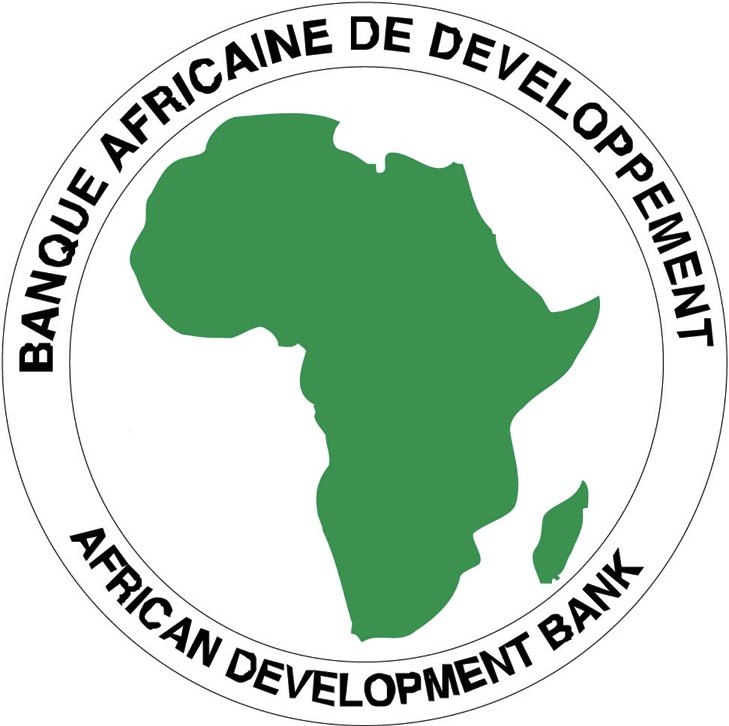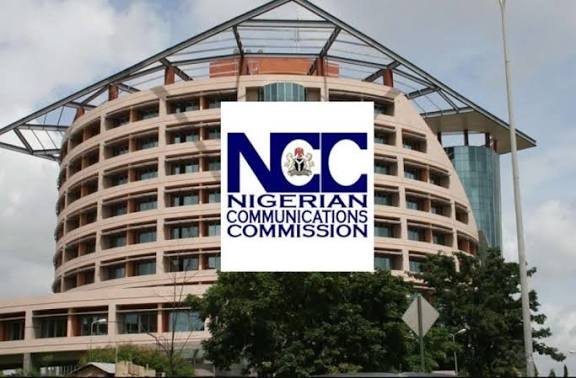The loan is a parallel co-financing agreement between JICA and the African Development Bank under the Enhanced Private Sector Assistance for Africa joint initiative to spur private
The Japan International Cooperation Agency (JICA) has extended an Official Development Assistance loan of up to 30 billion Japanese yen ($289 million) to support Mauritius’ response to the COVID-19 pandemic and rebuild its economy.
The loan, signed on 24 February, is a parallel co-financing agreement between JICA and the African Development Bank under the Enhanced Private Sector Assistance for Africa (EPSA) joint initiative to spur private sector-led sustainable and inclusive growth in Africa. The co-financing arrangement will help the Mauritius government contain the pandemic, secure livelihoods, and boost the resilience of the economy.
A total commitment of $3.5 billion is targeted under the current EPSA4 over the period 2020 to 2022, with each of the partners co-financing up to $1.75 billion.
Toshiyuki Nakamura, Senior Vice President of JICA, commended the efforts of the government of Mauritius to overcome the challenges posed by the COVID-19 pandemic and hoped that “this new co-financing program with the African Development Bank will provide new leverage to strengthen such efforts.” Mr. Nakamura also expressed a deep appreciation to the African Development Bank for its continued close collaboration under the EPSA.
In May 2020, the Bank approved the Mauritius COVID-19 Crisis Response Budget Support Program of €188 million as part of its COVID-19 Response Facility to assist its regional member states in mitigating the multifaceted impacts of the pandemic.
Mauritius’ response to contain the pandemic has been successful. As at 24 February 2021 Mauritius had recorded 610 COVID-19 infections, with 10 deaths and 571 recoveries. To date, this remains low in comparison to other African countries. In January 2021, Mauritius became one of the few African countries to roll out a vaccination program for COVID-19.
However, the country’s economy has been severely hit by the global consequences of the pandemic, impacting its traditional economic pillars such as tourism, foreign direct investment and exports. The Bank’s forecast anticipates that the country’s real GDP contracted 15% in 2020 – the worst economic performance since 1980 – against 3.9% growth in 2019.
The Bank’s Director-General for Southern Africa, Leila Mokaddem, expressed appreciation for the partnership with JICA and lauded the two parties’ effective coordination in designing the support to Mauritius. Mokaddem commended the Mauritius government for managing the socio-economic impacts of the pandemic and preparing the country for economic recovery.





